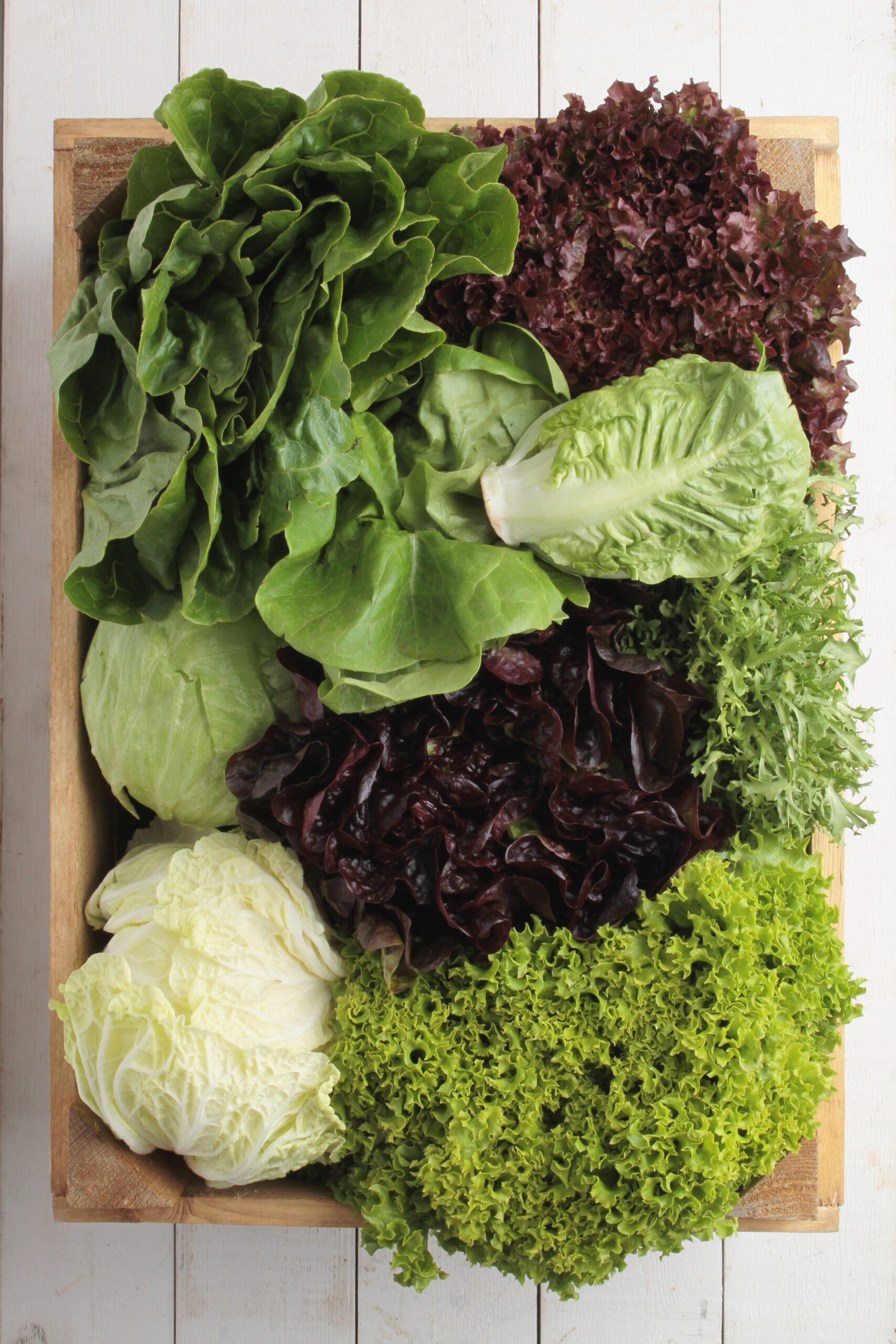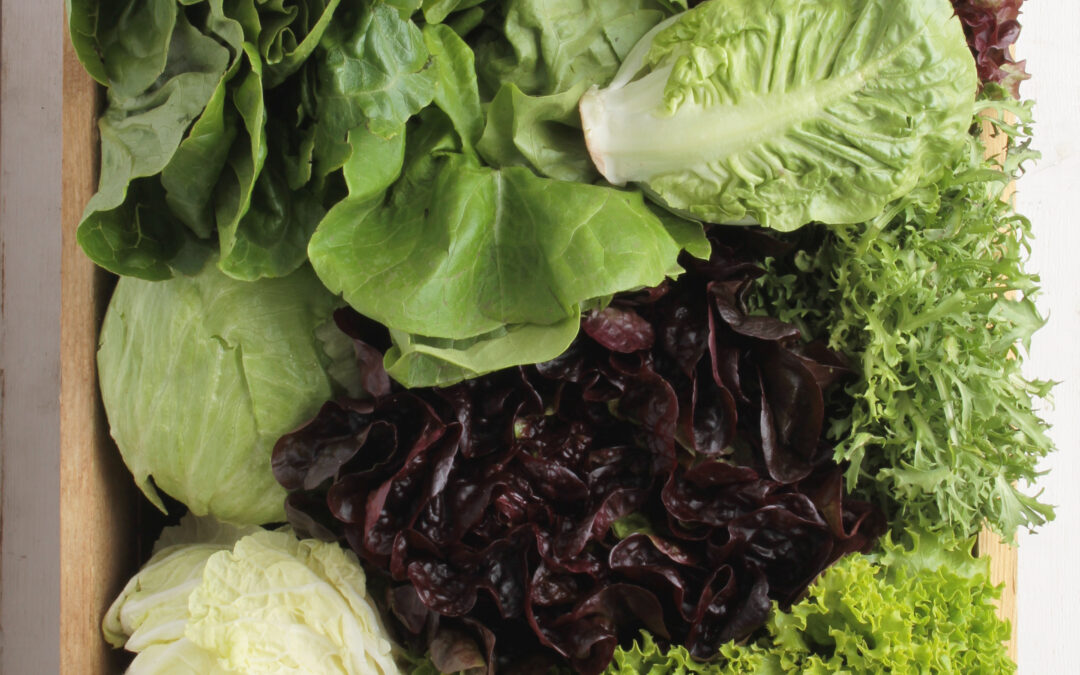Are you ready to take on the challenge of growing your own food at home? If so, you’re in for a treat! Home farming has numerous benefits that can improve both your health and well-being. In this blog post, we’ll explore everything you need to know about homegrown food, including its nutritional benefits, how to start your own garden, and tips for successful home farming. Let’s get started!
Introduction to Home Farming
Home farming is becoming increasingly popular as people seek to live more sustainable lives and have greater control over their food sources. With just a small plot of land and some basic tools, you can grow a wide variety of fruits, vegetables, herbs, and even grains right in your backyard. Not only does home farming allow you to enjoy fresh, delicious produce straight from your garden, but it also provides many other benefits, such as:
Improved Nutrition: Homegrown food is often fresher and more nutritious than store-bought produce, which can lose valuable nutrients during transportation and storage. By growing your own food, you can ensure that you are getting the most nutrient-dense produce possible.

Cost Savings: Growing your own food can be much cheaper than buying it at the grocery store, especially when it comes to certain crops like tomatoes or lettuce. You can save money by starting with seedlings instead of purchasing fully grown plants, and by using compost instead of fertilizer.
Environmental Benefits: Home farming reduces the carbon footprint associated with transporting food long distances, and it also helps to reduce waste by allowing you to use all parts of the plant (e.g., broccoli stems).
The Nutritional Benefits of Homegrown Food
One of the biggest advantages of growing your own food is the improved nutrition that comes with it. When you eat food that is freshly picked, you are getting the maximum amount of vitamins, minerals, and antioxidants that the plant has to offer. Here are some specific ways in which homegrown food can benefit your health:
Higher Vitamin Content: Studies show that homegrown fruits and veggies contain higher levels of vitamins compared to conventionally grown produce. For example, one study found that homegrown tomatoes had up to 50% more vitamin C than store-bought ones.
More Antioxidants: Homegrown produce tends to have higher levels of antioxidants, which help protect against cellular damage caused by free radicals. This means that eating homegrown food may lower your risk of chronic diseases like cancer and heart disease.
Better Taste: It’s no secret that homegrown food tastes better than store-bought produce. The reason for this is simple – when you pick something fresh off the vine, it hasn’t had time to wilt or become bruised, meaning it retains its flavor and texture.
How to Start Your Own Home Garden
Starting your own home garden doesn’t have to be difficult. Here are some steps to follow:
1. Choose the Right Location: Pick an area of your yard that gets plenty of sunlight and has good drainage. Avoid areas near trees or buildings that might cast shade or block wind.
2. Prepare the Soil: Remove any existing sod or debris from the site, then add compost and other organic matter to enrich the soil. You can also create raised beds if you don’t have great soil.
3. Plant Seedlings or Seeds: Depending on what you want to grow, you can either buy seedlings or start seeds yourself. Make sure to give each plant enough space to grow and thrive.
4. Water Regularly: Keep your plants watered regularly, but avoid overwatering, which can lead to root rot. Use a watering can or drip irrigation system to keep things consistent.
Tips for Successful Home Farming
Once you’ve gotten your home farm up and running, there are several things you can do to ensure success:
1. Rotate Crops: To prevent pests and diseases from taking hold, rotate your crops every year. This means planting different types of plants in different spots each season.
2. Practice Good Maintenance: Keep your plants trimmed and pruned, remove dead leaves and branches, and watch out for signs of pest infestations or disease.
3. Experiment with New Plants: Don’t be afraid to try new varieties of plants each year. You never know what might work well in your particular climate or soil type until you experiment.
Conclusion
Growing your own food at home can provide numerous benefits, from improved nutrition to cost savings and environmental benefits. Whether you’re looking to supplement your diet with fresh produce or make a full transition to self-sufficiency, home farming is a great way to achieve your goals.





